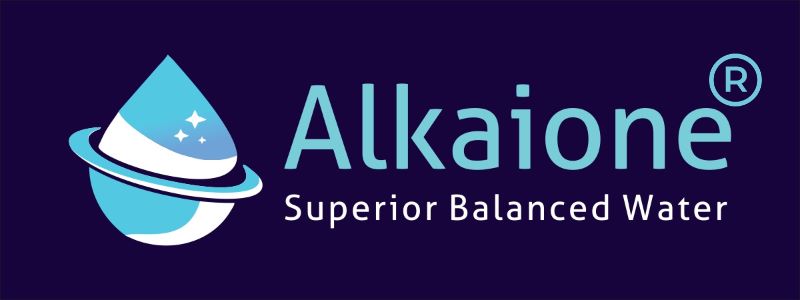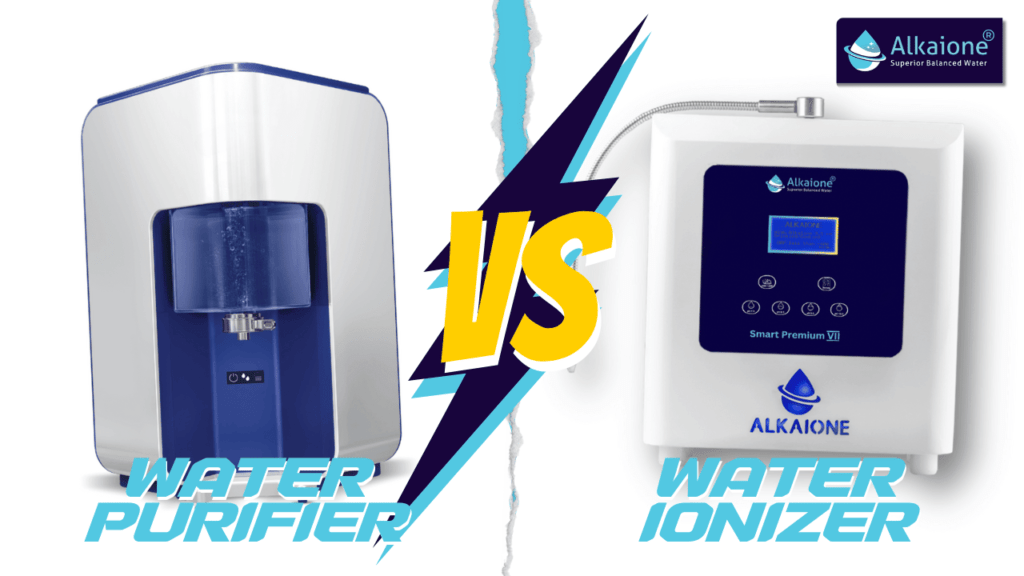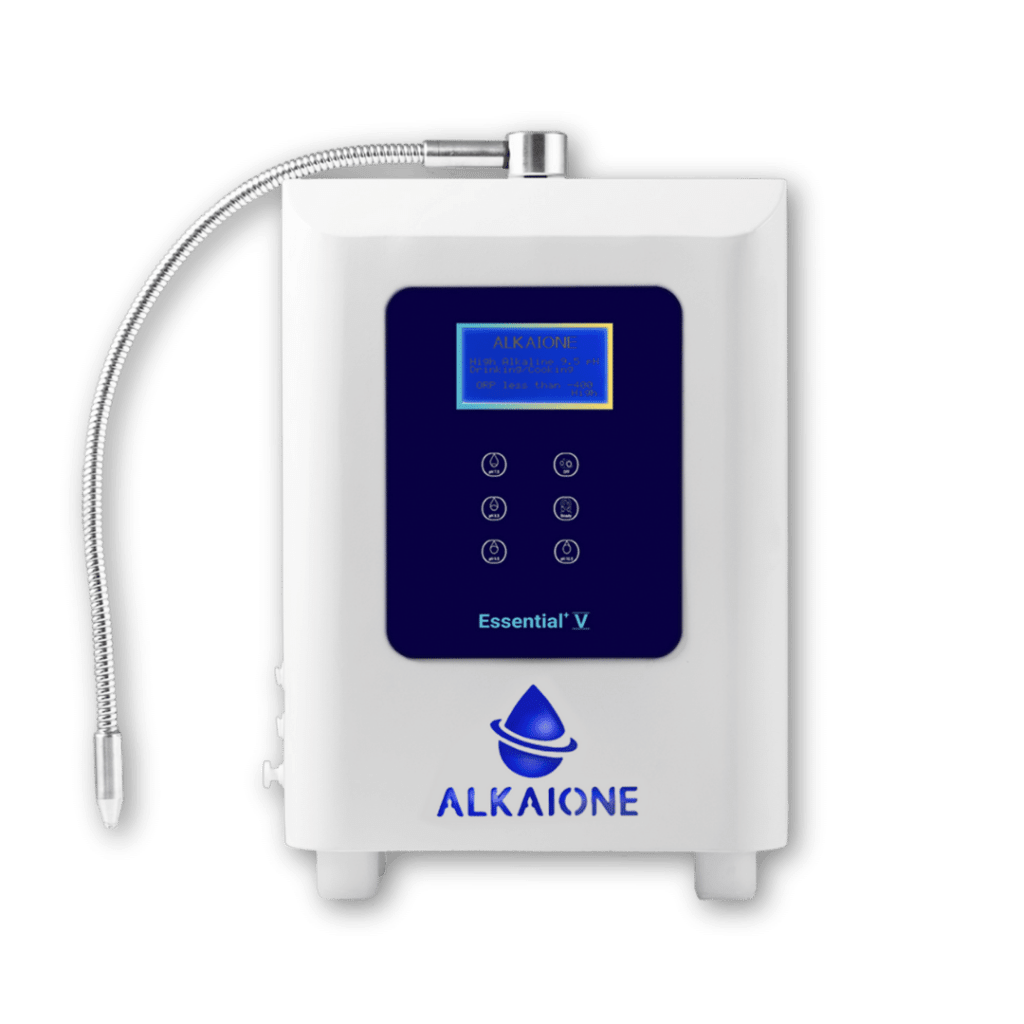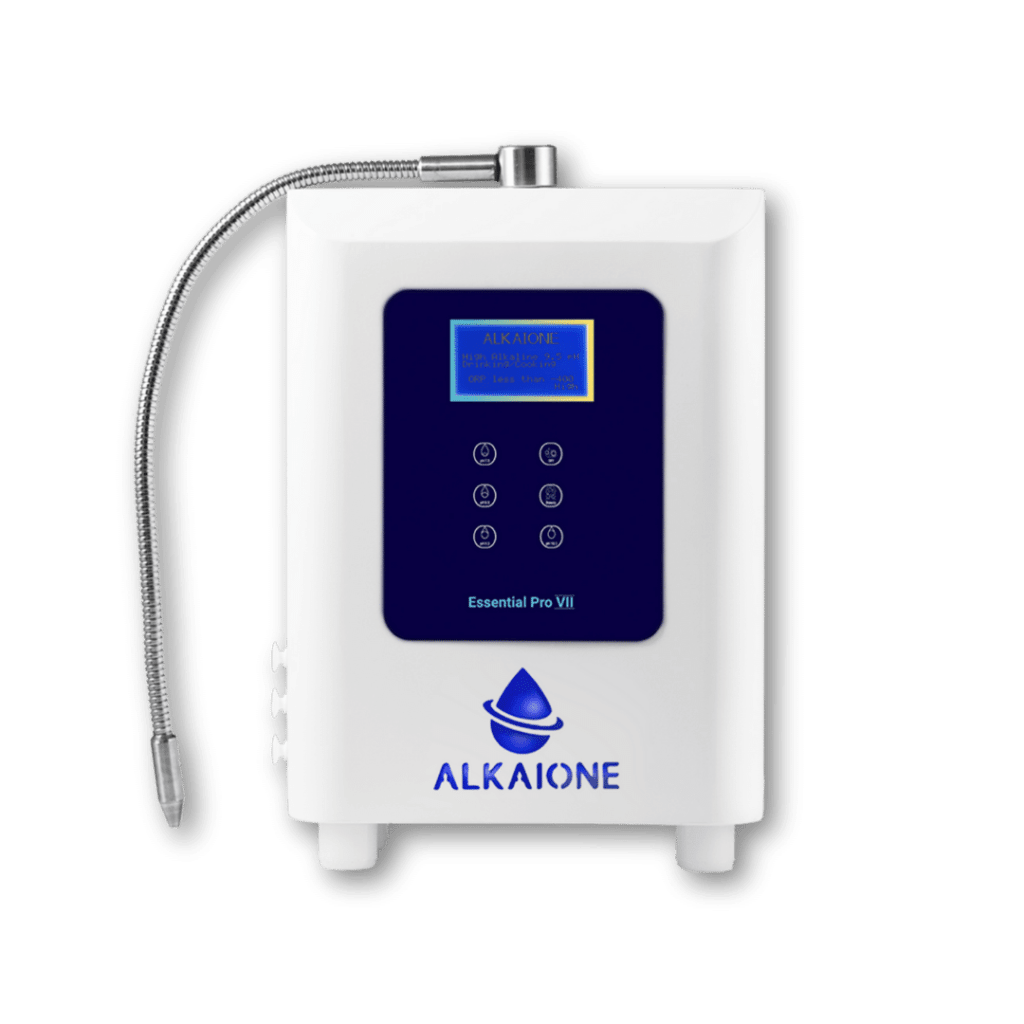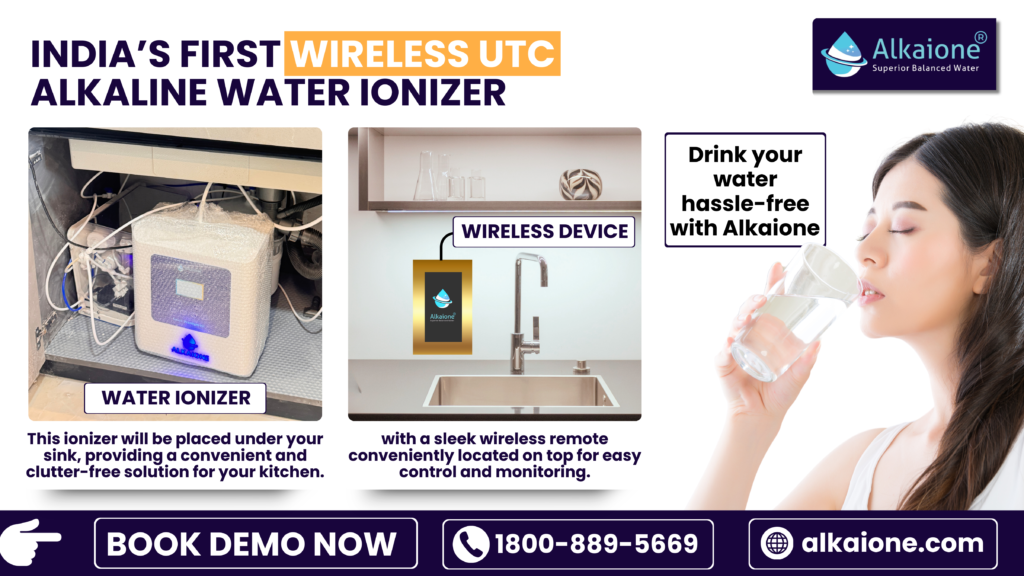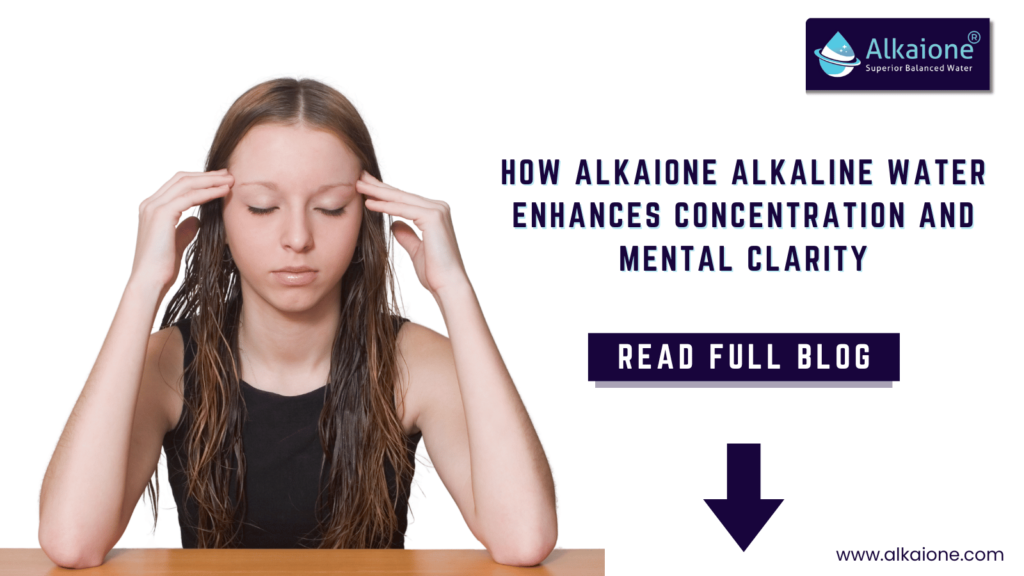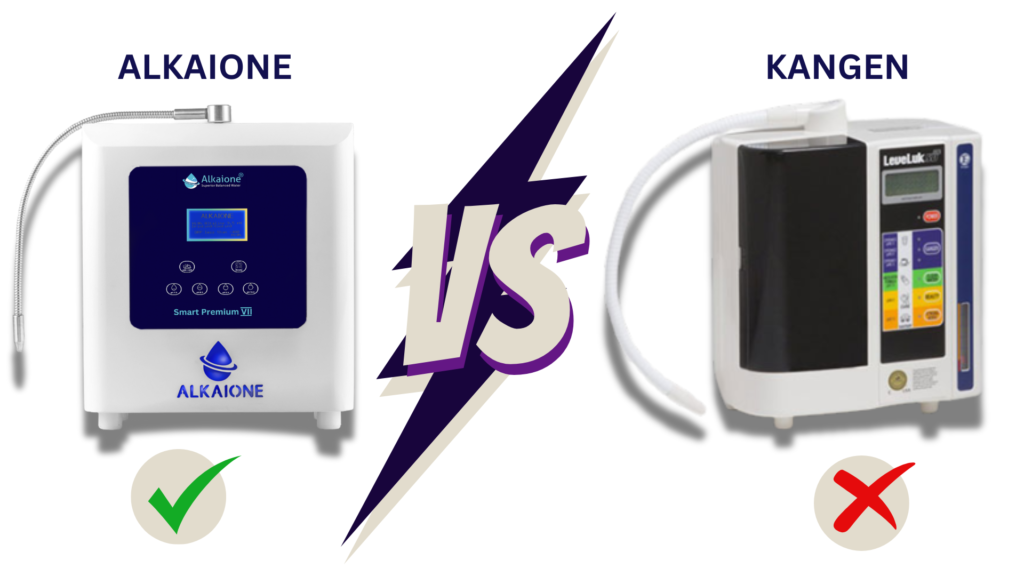Discover the Top 10 Differences Between Water Purifiers and Water Ionizers - Ensure Clean, Safe, and Alkaline Water for Your Home!
Introduction
Clean water is essential for a healthy life. With the increasing concerns about water quality, many people are turning to water treatment systems to ensure their drinking water is safe and beneficial. Two popular options are water purifiers and water ionizers. While they both aim to improve the quality of water, their methods and benefits are quite different. Let’s dive into the top 10 differences between these two technologies.
Purpose
Water Purifier
Water purifiers are primarily designed to remove contaminants, bacteria, and impurities from water to make it safe for drinking. The main goal is to ensure that the water is free from harmful substances that could pose health risks.
Water Ionizer
On the other hand, a water ionizer aims to change the pH level of water, producing alkaline water. Alkaline water is believed to have various health benefits, such as neutralizing acid in the body and improving hydration.
Technology
Water Purifier
Water purifiers utilize different filtration methods to eliminate harmful substances:
- Activated Carbon: This method uses activated carbon filters to remove chlorine, sediment, and volatile organic compounds (VOCs).
- Reverse Osmosis: A highly effective method that forces water through a semi-permeable membrane to remove a wide range of contaminants, including heavy metals and salts.
- UV Light: Uses ultraviolet light to kill bacteria and viruses, making the water safe to drink.
Water Ionizer
Water ionizers use a process called electrolysis to split water into alkaline and acidic streams. The electrolysis process involves passing water over electrically charged plates, separating it into different pH levels. This enhances the water’s pH balance, making it more alkaline.
Health Benefits
Water Purifier
By ensuring water is clean and free from harmful pathogens and chemicals, water purifiers safeguard against waterborne diseases. They remove contaminants that could cause health issues, providing safe drinking water for households.
Water Ionizer
Alkaline water produced by water ionizers is said to offer several health benefits. It is believed to neutralize acid in the bloodstream, boost metabolism, and improve nutrient absorption. Some proponents claim that alkaline water can enhance hydration and support overall health.
Taste and Quality
Water Purifier
Water purifiers remove impurities that can affect taste, resulting in cleaner, more refreshing water. By eliminating chlorine, sediment, and other contaminants, purifiers enhance the overall taste and quality of drinking water.
Water Ionizer
Alkaline water often has a different taste, which some people find more pleasant and smooth compared to regular water. The unique taste of alkaline water can be attributed to its higher pH level and the presence of beneficial minerals.
Maintenance
Water Purifier
Water purifiers require regular maintenance to ensure optimal performance. This includes changing filters periodically, which can vary depending on the type and usage of the purifier.
Water Ionizer
Water ionizers need cleaning of electrodes and occasional filter changes, but generally have a longer lifespan compared to purifiers. Proper maintenance of the electrodes is crucial to keep the ionizer functioning effectively.
Environmental Impact
Water Purifier
Some water purification systems, like reverse osmosis, can waste a significant amount of water during the purification process. This can be a concern for those looking to minimize their environmental footprint.
Water Ionizer
Water ionizers typically produce minimal wastewater, making them a more eco-friendly option. The electrolysis process is efficient and does not result in significant water waste.
Cost
Water Purifier
Water purifiers usually have a lower initial cost but may incur ongoing expenses for filter replacements. The overall cost can vary depending on the type and brand of the purifier.
Water Ionizer
Water ionizers have a higher upfront cost but lower long-term maintenance costs due to their durable components. While the initial investment is significant, the long lifespan and minimal maintenance can make them cost-effective over time.
Installation
Water Purifier
Water purifiers can be installed in various ways, including countertop, under-sink, or whole-house systems. The installation method depends on the type and design of the purifier.
Water Ionizer
Water ionizers are generally installed on countertops or under-sinks and can be easily integrated into existing kitchen setups. The installation process is straightforward and does not require significant modifications.
Effectiveness
Water Purifier
Water purifiers are highly effective at removing a wide range of contaminants, ensuring the water is safe to drink. They can eliminate bacteria, viruses, heavy metals, and other harmful substances.
Water Ionizer
Water ionizers are effective in altering the pH of water but don’t necessarily remove all contaminants like purifiers do. While they enhance the water’s alkalinity, they may not provide the same level of purification.
Usage
Water Purifier
Water purifiers are suitable for any household looking to ensure their drinking water is free from harmful substances. They are a reliable choice for those concerned about water quality and safety.
Water Ionizer
Water ionizers are ideal for individuals who want to enhance their water with potential health benefits associated with alkaline water. They are popular among health enthusiasts and those looking to improve their overall well-being.
Conclusion
Choosing between a water purifier and a water ionizer depends on your specific needs and preferences. If your primary concern is removing contaminants and ensuring safe drinking water, a water purifier is the way to go. However, if you’re interested in the potential health benefits of alkaline water and enhancing your water’s pH balance, a water ionizer might be the better choice. Both systems offer unique advantages, so consider your priorities and make an informed decision.
FAQs
- What is the main difference between a water purifier and a water ionizer?
The main difference lies in their purpose: water purifiers remove contaminants to make water safe to drink, while water ionizers change the pH level of water to produce alkaline water with potential health benefits.
- Can water ionizers remove contaminants from water?
Water ionizers primarily focus on altering the pH level of water and may not remove all contaminants. It’s advisable to use a water purifier to ensure the water is free from harmful substances.
- Are water purifiers more expensive to maintain than water ionizers?
Water purifiers may have ongoing costs for filter replacements, making them potentially more expensive to maintain compared to water ionizers, which generally have lower long-term maintenance costs.
- Which system is better for the environment?
Water ionizers are typically more eco-friendly as they produce minimal wastewater. Some water purification methods, like reverse osmosis, can waste a significant amount of water during the process.
- Is alkaline water safe to drink?
Yes, alkaline water is safe to drink. Many people find it beneficial for its potential health advantages, such as neutralizing acid in the body and improving hydration.

